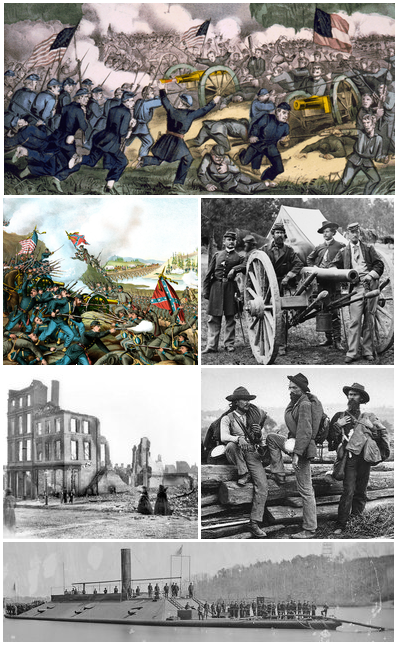"Lee Moves North" is a board wargame published by Simulations Publications Inc. (SPI) in 1972. The game simulates Confederate General Robert E. Lee's summer offensives during the American Civil War, specifically focusing on the campaigns of 1862 and 1863. Originally titled "Lee at Gettysburg", the game allows players to recreate and explore the strategic decisions and military engagements of these pivotal moments in American history.
1958: Avalon Hill's Gettysburg publication
In 1958, Avalon Hill published a game named Gettysburg and claimed that they had trademarked the use of the word "Gettysburg" for games following its publication. This later caused a controversy with SPI's 'Lee at Gettysburg'
1972: Publication and Title Change of Lee at Gettysburg
In 1972, SPI published the Civil War game Lee at Gettysburg. However, Avalon Hill objected to the title because they had trademarked the use of the word "Gettysburg" for games after publishing their game of that name in 1958. SPI subsequently changed the title of their game to Lee Moves North and repackaged it.
1972: Publication of Lee Moves North
In 1972, Simulations Publications Inc. (SPI) published the board wargame Lee Moves North, originally titled Lee at Gettysburg, simulating Robert E. Lee's summer offenses of 1862 and 1863 during the American Civil War.
1977: Low Popularity Noted
In 1977, Nicholas Palmer noted the relatively low popularity of Lee Moves North in his book The Comprehensive Guide to Board Wargaming, but attributed it to the game's age compared to other Civil War games published later.
1980: Positive Review of Lee Moves North
In 1980, Jon Freeman commented that Lee Moves North is one of the best simulations of nineteenth-century operational warfare ever designed in his book The Complete Book of Wargames. He gave the game an Overall Evaluation of "Very Good", concluding it is one of the great 'sleeper' games of all time.
Mentioned in this timeline

Books are a means of storing information as text or...

The American Civil War - was fought between the Union...

Robert E Lee was a prominent Confederate general during the...

War is an armed conflict between state armed forces or...
Trending

1 month ago Cody Bellinger hits solo homer, extends hitting streak; helps Yankees move on.

12 days ago Neymar denies partying image, reveals near participation in Club World Cup.

Taurean Waller-Prince is an American professional basketball player currently with the Los Angeles Lakers Drafted th overall in the NBA...
1 month ago Belgium's Security Chief fights Brussels drug crime; New World Cup qualifiers squad unveiled.

Mason Plumlee is an American professional basketball player currently with the Phoenix Suns in the NBA playing forward and center...

2 months ago Sinaloa Cartel Leader Arrested in Oregon Fentanyl Bust Linked to Kotek friend.
Popular

Jupiter is the fifth and largest planet from the Sun...

A blue moon is defined in several ways most commonly...

Kelley O'Hara is a celebrated American former professional soccer player...

Zohran Kwame Mamdani is a Uganda-born American politician representing New...

Candace Owens is an American conservative and far-right political commentator...

Melania Trump is a Slovenian-American former model and the current...
